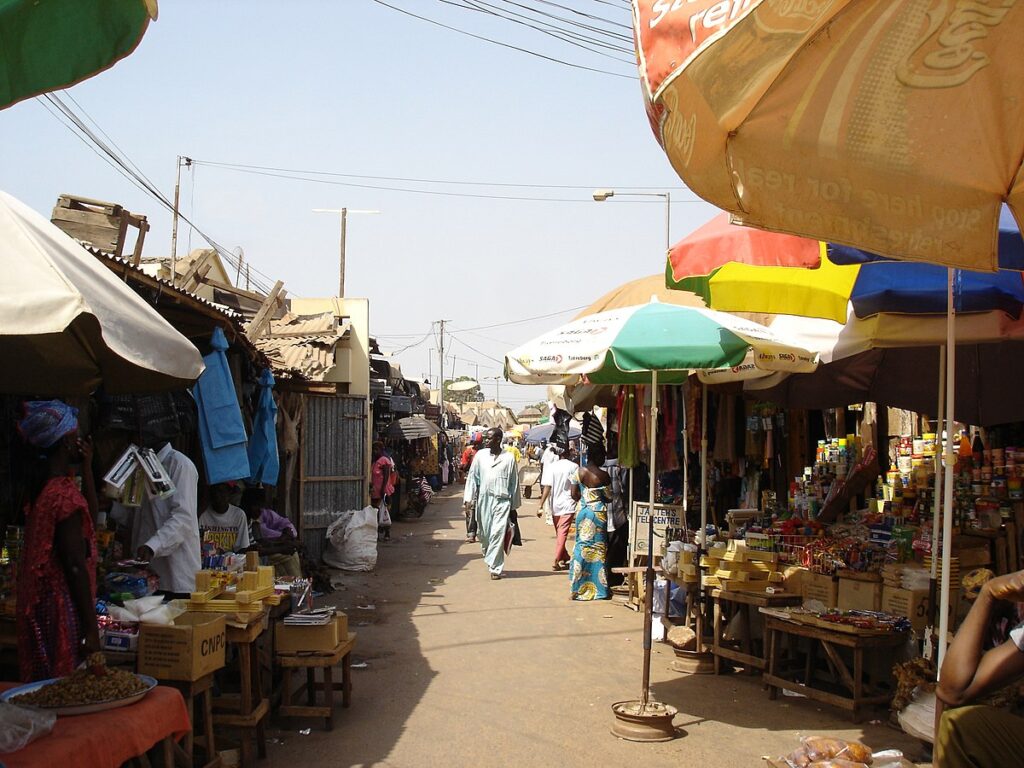My name is Ebirima Modou and I live in Gambia.
Gambia as a society is rich with traditions that emphasize community, mutual respect, and a deep sense of responsibility to others. These cultural values often framed through religious language are not exclusive to any one faith. In fact, they reflect something more universal: the humanist spirit that underlies much of our shared life.
Humanism, grounded in a belief in human dignity, rational thought, and ethical living without reliance on the supernatural, may seem like a foreign concept in a country where religious identity is tightly woven into daily life. Yet, when one looks closely, humanist values are not alien to Gambian culture – they are present in our very fabric.
Take, for instance, the concept of “fankanta” – the ethic of sharing, especially with those in need. Though often practiced within religious frameworks, its moral power lies in its appeal to our common humanity. The expectation to offer food to a visitor, to assist a neighbour in trouble, or to help raise someone else’s child all reflect a worldview where ethical behaviour stems not from divine command, but from social cohesion and empathy.
Similarly, “sutura” – the value of maintaining another’s dignity even in difficult circumstances – is deeply humanist in its concern for the individual’s respect and well-being. It teaches us to refrain from public shaming and to protect others’ humanity, a principle that mirrors secular ethics focused on minimizing harm and maximizing human flourishing.
The challenge, however, is that these values are too often framed as religious obligations, limiting their accessibility to those who identify outside religious structures. Humanism offers a way to affirm these virtues from a secular standpoint, embracing them as the product of human experience, reflection, and mutual need.
As Gambians confront contemporary challenges such as youth unemployment, political change, and education reform, there is space to reframe our moral conversation in ways that honour tradition without being confined by it. A secular approach does not reject religion – it merely invites broader participation in the ethical dialogue.
The essence of being Gambian is not reducible to a single faith or belief system. It is found in how we treat one another, how we reason through our differences, and how we build a just society. By recognizing the humanist values already alive in our culture, we can begin to articulate a more inclusive moral language – one that unites rather than divides, and that affirms our shared humanity above all.
By Ebirima Modou


